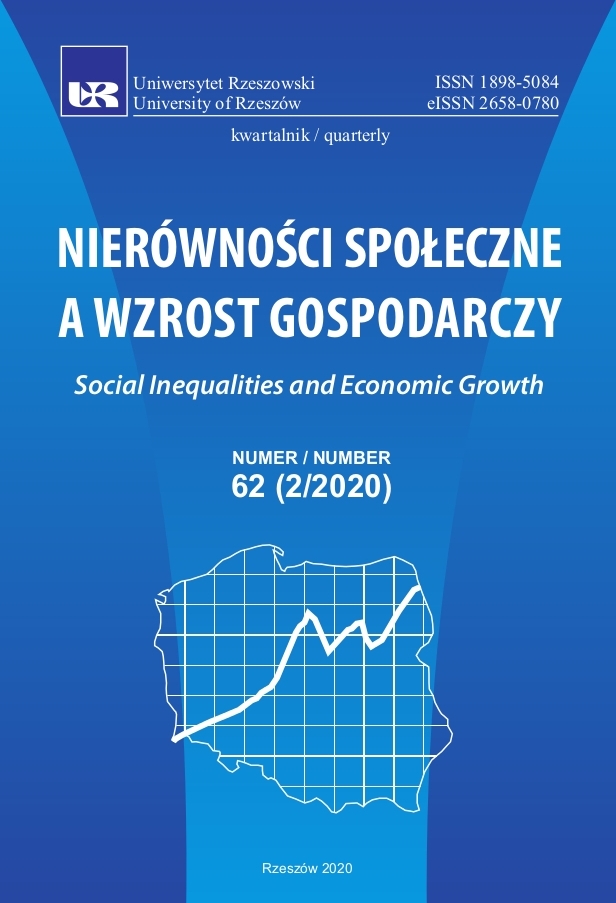The relation between income from active foreign tourism and the number of foreign visitors: a case study of the four Visegrad Countries
The relation between income from active foreign tourism and the number of foreign visitors: a case study of the four Visegrad Countries
Author(s): Daniela Matusikova, Kristína Šambronská, Patrycja ŻegleńSubject(s): Economy
Published by: Wydawnictwo Uniwersytetu Rzeszowskiego
Keywords: tourism; Visegrad four countries; arrivals; incomes
Summary/Abstract: The importance of tourism primarily lies in it as an important source of revenue for the nationalbudget. It contributes to the creation of gross domestic product, enables the creation of new jobs,and supports regional economic development. The tourism sector plays multiple roles because itsignificantly influences a number of other economic sectors, such as: transport, trade, and culture.Therefore, the tourism economy is perceived as a “flywheel” for local and regional economies.The present study is an analysis of foreign visitors and revenues from tourism within the VisegradFour countries in the 2009–2015 period. The aim of the study is to describe the position of tourism inthe Visegrad countries. Specifically, it focuses on the relationship between income and traffic withinthe Visegrad Four countries. The data obtained from official sites of the statistical authorities and theOECD were evaluated using Pearson’s correlation coefficient. There was a presumption of the existenceof a dependence between the income from tourism and the number of visitors in individual countriesof the Visegrad Four. On the basis of testing, the main hypothesis cannot be verified or falsified. Thestatistically significant relationship between the income from tourism and the number of foreign visitorswas not confirmed in one of the Visegrad Four countries, namely in the Republic of Hungary. Therefore,it is significant to manage the tourism sector in a suitable way. Tourism management and tourism policyshould be perceived as priority actions and initiatives by decision-makers and authorities. Suitabledirections for tourism policies and strategies should be indicated and implemented by those who areresponsible for tourism development in each country. Moreover, the countries of the Visegrad Fourshould continue to cooperate, to exchange information on legislative changes in the field of tourism inindividual countries, but mainly in promoting the Visegrad Four as a unified whole.
Journal: Nierówności Społeczne a Wzrost Gospodarczy
- Issue Year: 2020
- Issue No: 62
- Page Range: 294-308
- Page Count: 15
- Language: English

